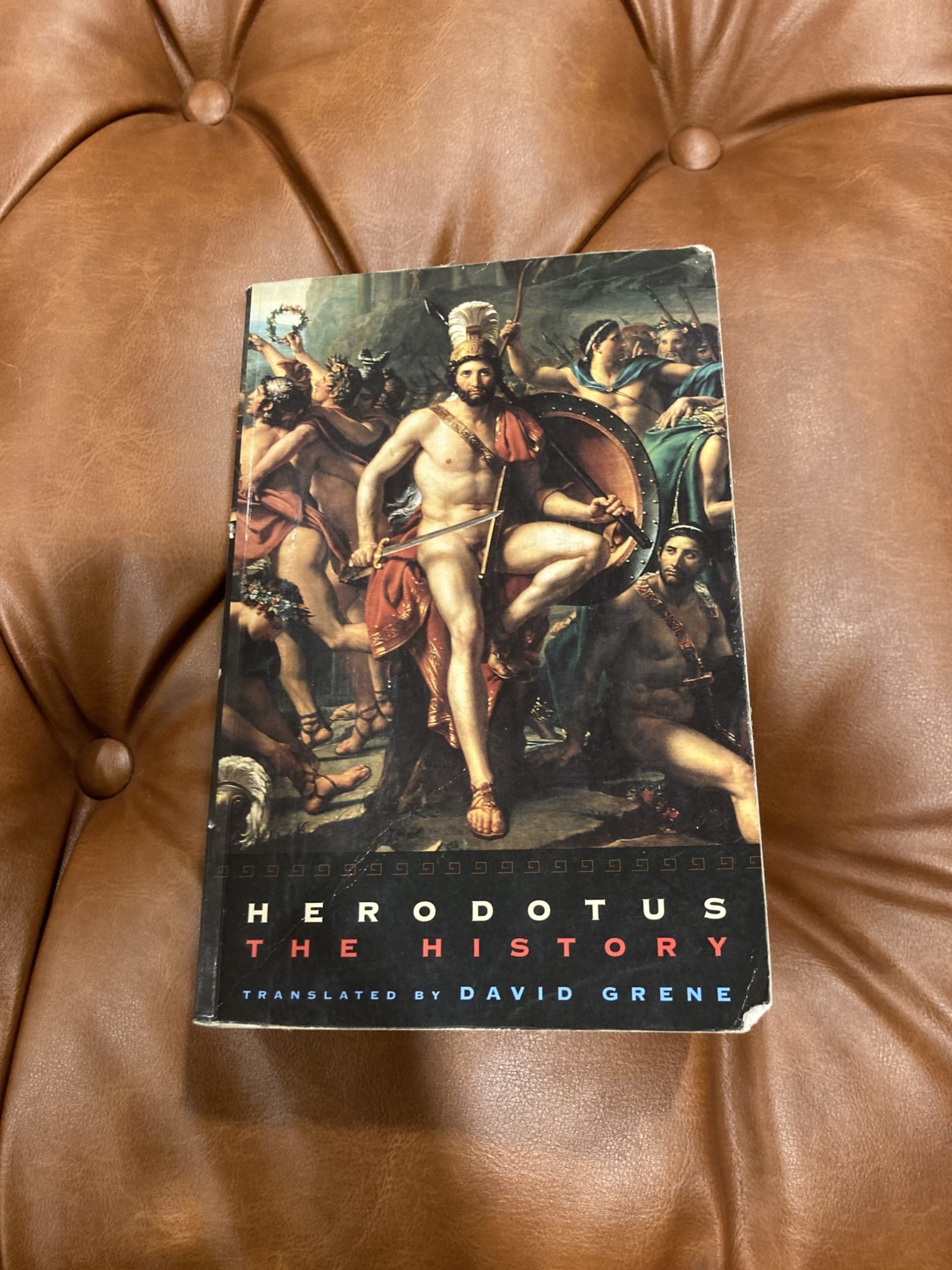New and returning Directed Studies community members reflect on returning to campus
DS students discuss their experiences with online classes and being back to in-person events.

Courtesy of Anne Gross
For the first time in over 18 months, Yale’s Directed Studies program is reconvening in person. After virtual classes for the entire past academic year, professors and students are back to the classrooms and lecture halls.
Directed Studies, or DS, has remained a staple in Yale’s humanities education since it was created after the Second World War. The program consists of biweekly seminars in each of three subjects: Literature, Philosophy and Historical and Political Thought. According to the program’s website, it is designed to be an “intense interdisciplinary introduction” for first years on the seminal texts of Western and Near Eastern cultures.
“It’s been extremely energizing to be back with students and colleagues, and to meet students from last year who I’d never been in the same room with,” wrote Professor Benjamin Barasch ’09, a Humanities lecturer who teaches Historical and Political Thought, in an email. “I have found the level of class discussion to be as good as ever — engaged and intense.”
Many students in Yale’s incoming class of 2024 decided to take gap years due to online classes. Anne Gross ’25, a student in this year’s DS cohort, wanted to avoid enrolling in the program virtually. She decided to take a second gap year due to the pandemic and prolong her Yale experience.
“After several weeks of extreme angst, I decided to take a second [gap year] because I want it to be in person both for classes and for the social experience of being in college,” said Gross.
Now that classes are in person, Gross has been able to engage with the DS community outside of seminars and lectures. She described her peers as “very smart, thoughtful and reflective.” She said that meeting people in DS occurs mostly outside of class time — at meals or before lecture begins — and that these connections often begin from the “common ground” of studying similar readings together.
Lukas Bacho ’25 agreed that small talk before and after seminars was the “best way” to make friends. He added that meals are a great way to meet people outside of strictly academic settings.
DS Director of Undergraduate Studies Katja Lindskog said the previous year’s cohort — a “brilliant, supportive, courageous group” — was shaped by two experiences: the “uniquely difficult experience” of learning together during the pandemic and contending with the divide between students on campus and those fully remote.
“It was interesting to see how they worked hard to bridge that divide, and I think they ended up doing that magnificently by the end of the year,” Linkskog said.
Alex Dong ’24 enrolled in DS online last year. He said that unlike his other lectures, the smaller DS seminar classes translated well to online platforms.
For Dong, the main drawback of virtual classes was the lack of a collaborative environment.
“Reading and discussing Plato’s Republic in my childhood room at home is different from reading in Sterling Memorial Library, being surrounded by my professor and peers in an ornate Yale classroom and taking the occasional trip to the Beinecke,” Dong said.
Jean Wang ’25, who was entirely virtual for her first semester and gapped spring semester, participated in DS from her bedroom in Suzhou, China, with seminars lasting past midnight. To create a sense of community, Wang founded a meme page on Instagram called @ds.memes_. The page, which featured content from various cohort members, allowed students to connect and communicate with each other.
“There is something beautiful and austere about the texts that also helped me persist through the remote semester,” Wang said. “I did feel far away from everyone, but our intellectual proximity to each other helped me make friends despite the physical distance.”
Lindskog said this semester has gone smoothly, apart from a few challenges in gathering the “full cohort” outside of lectures and seminars. Lindskog also said the cohort is one of the largest: around 123 students as opposed to the usual 105.
Lindskog noted that even though students are excited about opportunities such as film screenings and Beinecke visits, most are happy “just be in classrooms getting to know each other” and debating Plato’s views “on how a state should be run.”
Ruth Yeazell, literature professor and Sterling Professor of English, said that her Zoom classes were more satisfying than she expected, but meeting in person has brought a new kind of “electricity in the air.” Yeazell also arranged an outdoor meeting with students from last year and said she enjoyed meeting them in person.
DS seminars and lectures take place in the new Humanities Quadrangle.







